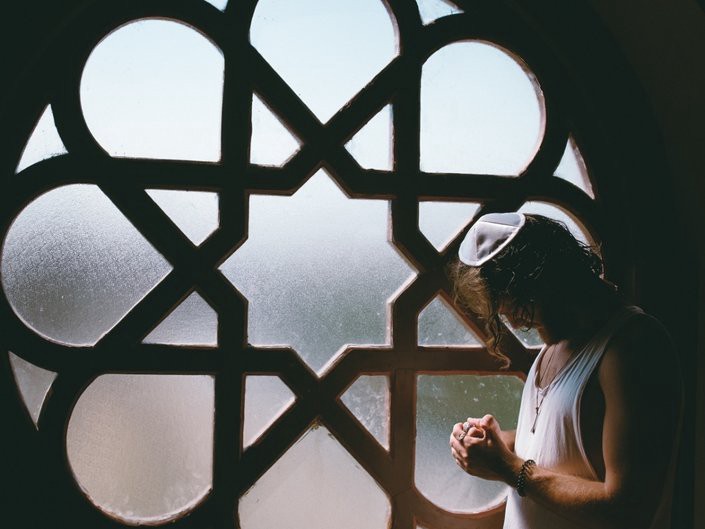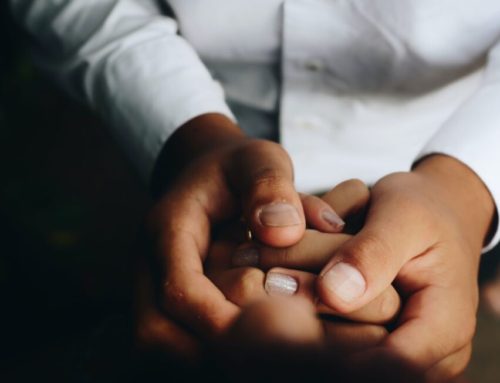This article, by Talia Feldberg, was published on Patch.com
New York holds a long tradition of embracing diverse immigrant communities who come to America seeking better lives. After World War II ended, the metropolitan area saw a substantial increase in Jewish immigrants, sheltering thousands of persecuted and displaced refugees. Today, many NYC charities and organizations still honor that legacy.
Selfhelp Community Services, a nonprofit organization founded in 1936 to help those fleeing Nazi Germany build lives in America, now provides support for the rent-burdened elderly. The Joseph and Pauline Charatan residence, located at 333 Lenox Road in Brooklyn, began moving in residents of all backgrounds, including half a dozen Holocaust survivors, during the winter of 2018. With a ribbon cutting ceremony scheduled for later this year, all residents are now settled into its 57 apartments.
Debrah Lee Charatan, a real estate veteran and Selfhelp chair member, sponsors the organization through her charity, The Charatan/Holm Family Foundation. Charatan has always been attracted to philanthropist pursuits surrounding Jewish heritage and culture, but the mission proved especially important to her being the daughter of Holocaust survivors for whom the residence is named.
Drawn to the inspiring stories of these survivors, Charatan is thrilled with Selfhelp’s unique ability to provide them, and all of its 65 tenants, with a full-time social worker to ensure each resident gets the care they need.
“For survivors who have experienced so much anguish in their lifetimes, it’s an honor to help care for residents so they can live happily and comfortably in their golden years,” says Charatan.
One such resident and survivor, Mr. P, was referred by Selfhelp’s Holocaust Survivor Program. Having previously lived in an overcrowded apartment where he slept on a couch, Mr. P is now overjoyed and grateful to have his own apartment at the Lenox Road residences where he serves as a translator for those who speak Russian.
“A lot of times these residents have no living family members or friends in the area, but Selfhelp allows them to stay active members within their own community,” says Debrah Lee Charatan.
Another resident and survivor, 81-year-old Mr. S, speaks Russian as his first language and Hungarian as his second. He moved to the United States to be closer to his son after having lived in Israel for 27 years where his wife passed away. In NYC, he ended up sharing a bedroom in a bad housing situation, paying more than 50 percent of his income on rent. At first, it was a struggle for Mr. S to move because he wasn’t familiar with the neighborhood and it was his first time living independently. But as they do for other residents, the Selfhelp team helped him get acquainted with the area, and introduced him to the neighborhood’s local grocery store and post office.
Debrah Lee Charatan believes that Selfhelp’s dedication to these residents helps make an already resilient group of survivors feel stronger through the independent lifestyles they provide while also giving them emotional support through a strong social community.
Mrs. Z, 79-years-old, is another survivor who faced rent insecurity before moving into the Lenox Road property. She paid more rent than her income allowed which became burdensome on her family. Overwhelmed and concerned she was losing her independence, she qualified for affordable housing through a special government program and now rents an apartment at a lower rate. Mrs. Z is happy she can remain financially independent.
“I think their stories are a beautiful testimony to how far they’ve come since the dire experiences of the Holocaust,” says Charatan. “To watch them rebuild their lives even when they haven’t had the means to do so, is truly inspiring.”
One of Selfhelp’s research projects found that by 2020, there will be over 38,000 Holocaust survivors who are over 75 years old — the age at which the cohort begins to require special services. This last generation is expected to have complex needs, both health-related and economic. An estimated 52 percent of survivors who will be considered ‘poor’ at this time will have significant needs for home health care and financial assistance, highlighting the current usefulness of organizations like Selfhelp in years to come.
No matter these survivors’ personal stories, Charatan believes the messages we can learn from them inform our own personal relationship with our Jewish heritage and culture which can, in turn, build stronger bonds with our local communities.
“The more we shine a light on these survivors’ struggles,” says Charatan, “the more we can embrace their experiences and our own history in a more impactful way.”






